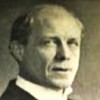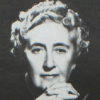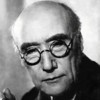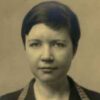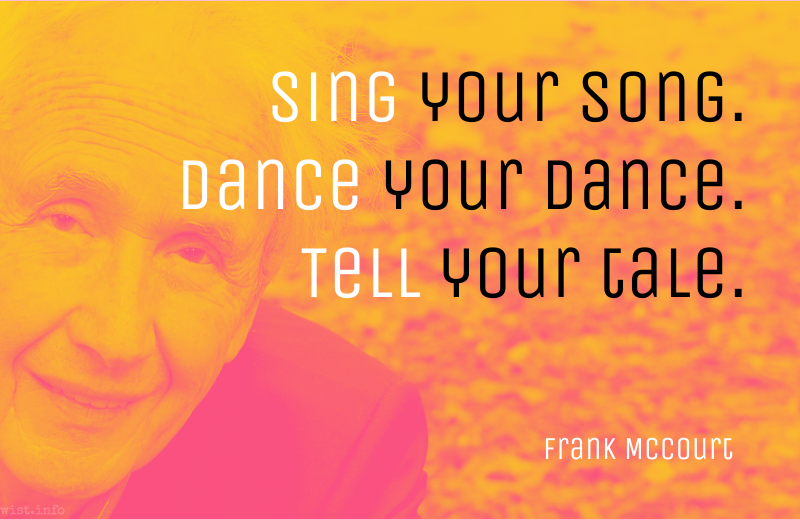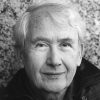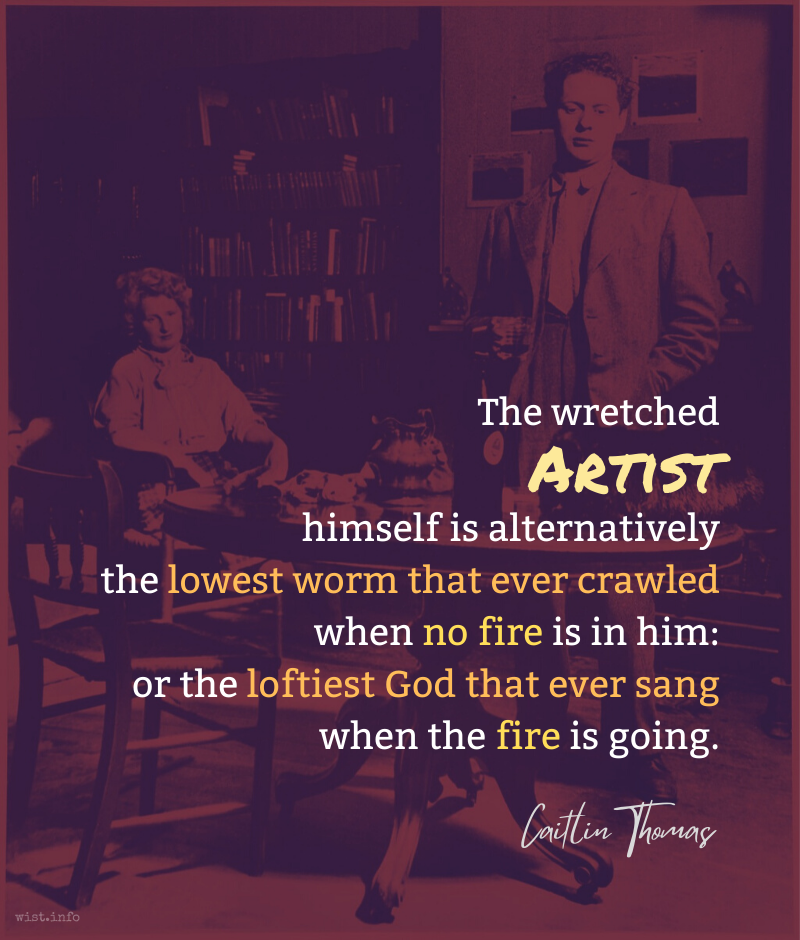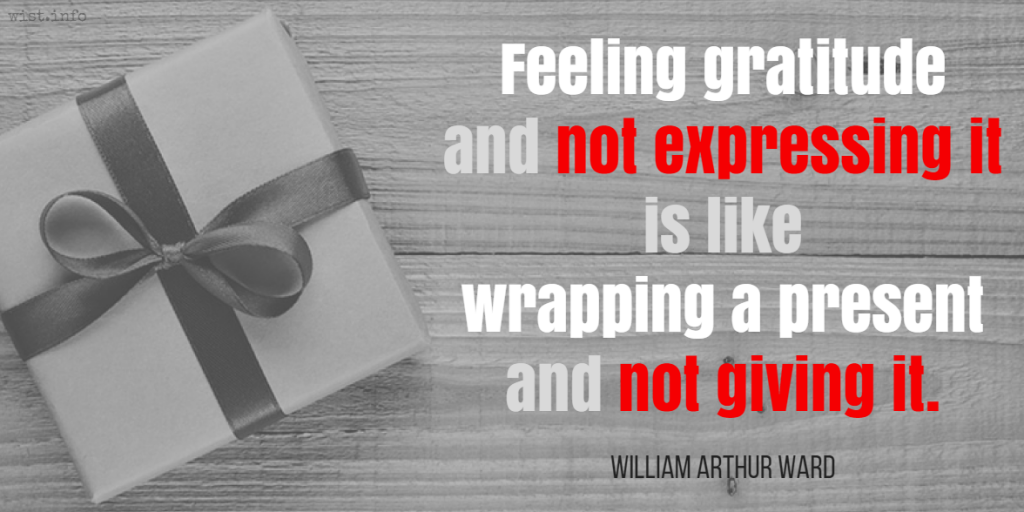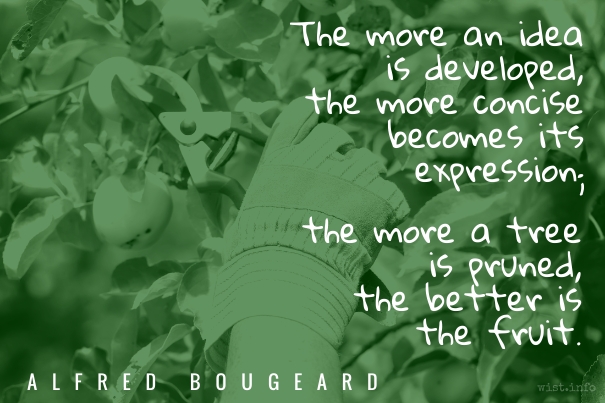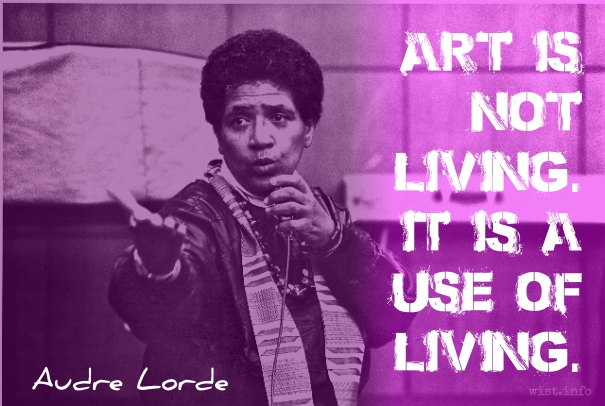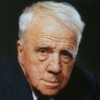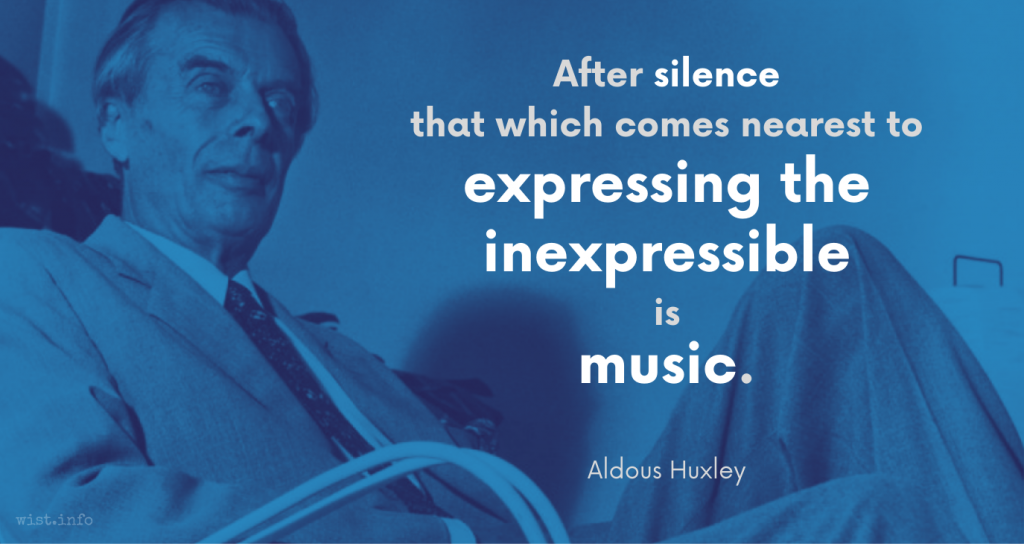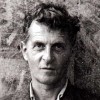Kisses kept are wasted;
Love is to be tasted.
There are some you love, I know;
Be not loath to tell them so.
Lips go dry and eyes grow wet
Waiting to be warmly met,
Keep them not in waiting yet;
Kisses kept are wasted.Edmund Vance Cooke (1866-1932) Canadian poet
“Kisses Kept Are Wasted,” ll. 1-9, Little Songs for Two (1909)
(Source)
Quotations about:
expression
Note not all quotations have been tagged, so Search may find additional quotes on this topic.
A human being, Hastings, cannot resist the opportunity to reveal himself and express his personality which conversation gives him. Every time he will give himself away.
All ways of expressing ourselves are good if they make us understood. Thus, if the clarity of our thoughts comes through better in a play of words, then the wordplay is good.
Joseph Joubert (1754-1824) French moralist, philosopher, essayist, poet
Pensées [Thoughts], 1805 (1850 ed.) [tr. Auster (1983)]
(Source)
Analog not found in standard translations of the Pensees.
Nothing is so silly as the expression of a man who is being complimented.
André Gide (1869-1951) French author, Nobel laureate
Journal (1906-02-13) [tr. O’Brien (1947)]
(Source)
Language doesn’t belong to grammarians, linguists, wordsmiths, writers, or editors. It belongs to the people who use it. It goes where people want it to go, and, like a balky mule, you can’t make it go where it doesn’t want to go.
Rosalie Maggio (1944-2021) American writer
Talking About People: A Guide to Fair and Accurate Language, “Writing Guidelines” (1997)
(Source)
We are cups, constantly and quietly being filled.
The trick is knowing how to tip ourselves over and let the beautiful stuff out.Ray Bradbury (1920-2012) American writer, futurist, fabulist
“The Secret Mind,” The Writer (1965-11)
(Source)
Reprinted in Bradbury, Zen in the Art of Writing (1990).
Alas for those who never sing,
But die with all their music in them!Oliver Wendell Holmes, Sr. (1809-1894) American poet, essayist, scholar
“The Voiceless” (1858)
(Source)
By those, that deepest feel, are ill exprest
The indistinctness of the suffering breast;
Where thousand thoughts begin to end in one,
Which seeks from all the refuge found in none;
No words suffice the secret soul to show.
And Truth denies all eloquence to Woe.George Gordon, Lord Byron (1788-1824) English poet
The Corsair, Canto 3, st. 22, l. 1807ff (1814)
(Source)
An attack upon our ability to tell stories is not just censorship — it is a crime against our nature as human beings.
Salman Rushdie (b. 1947) Indian novelist
“Public Event, Private Lives,” speech, University of Colorado, Boulder (2013-04-17)
(Source)
No man who has once heartily and wholly laughed can be altogether irreclaimably bad.
Thomas Carlyle (1795-1881) Scottish essayist and historian
Sartor Resartus, Book 1, ch. 4 (1831)
(Source)
We are all so clumsy, my dear, and words are all we have, poor signals like bonfires and flags trying to express what shipwreck is.
Rose Wilder Lane (1886-1968) American journalist, travel writer, novelist, political theorist
Letter to Dorothy Thompson (Jan 1927)
(Source)
In William Holtz, ed., Dorothy Thompson and Rose Wilder Lane: Forty Years of Friendship (1991)
Once considered an art form that called for talent, or at least a craft that called for practice, a poem now needs only sincerity. Everyone, we’re assured, is a poet. Writing poetry is good for us. It expresses our inmost feelings, which is wholesome. Reading other people’s poems is pointless since those aren’t our own inmost feelings.
Barbara Holland (1933-2010) American author
Wasn’t the Grass Greener?: A Curmudgeon’s Fond Memories, “Poetry” (1999)
(Source)
Kindness is a language the dumb can speak and the deaf can hear and understand.
Christian Nestell Bovee (1820-1904) American epigrammatist, writer, publisher
Thoughts, Feelings, & Fancies (1857)
Slightly revised in Bovee's Intuitions & Summaries of Thought (1862): "Kindness: a language which the dumb can speak, and the deaf can understand."
Since the 2000s, frequently misattributed to Mark Twain. More information: The Apocryphal Twain: "Kindness is language the deaf can hear." - Center for Mark Twain Studies.
A person, an individual being, has a thousand ways of conveying his feelings and thoughts. He is riches without end, he is a world in which we can always discover something new. A crowd, on the other hand, reduces the individuality of the person; a man in a crowd limits himself to a few forms of elementary behavior. The forms through which a crowd can express its yearnings are extraordinarily meager and continually repeat themselves: the demonstration, the strike, the rally, the barricades. That is why you can write a novel about a man, but about a crowd — never.
Ryszard Kapuściński (1932-2007) Polish journalist, photographer, poet, author
Shah of Shahs, Part 3 “The Dead Flame” (1982)
(Source)
Sing your song. Dance your dance. Tell your tale.
Frank McCourt (1930-2009) Irish-American teacher and writer
Angela’s Ashes (1996)
Also included in the dedication to Teacher Man (2006).
The wretched Artist himself is alternatively the lowest worm that ever crawled when no fire is in him: or the loftiest God that ever sang when the fire is going.
Caitlin Thomas (1913-1994) British author, wife of Dylan Thomas [née Macnamara]
Not Quite Posthumous Letter to My Daughter (1963)
(Source)
An intellectual is a man who says a simple thing in a difficult way; an artist is a man who says a difficult thing in a simple way.
I really love language; it allows us to explain the pain and the glory, the nuances and the delicacies, of our existence. Most of all, it allows us to laugh. We need language.
A man who cannot get angry is like a stream that cannot overflow, that is always turbid. Sometimes indignation is as good as a thunder-storm in summer, clearing and cooling the air.
Henry Ward Beecher (1813-1887) American clergyman and orator
Proverbs from Plymouth Pulpit, “Man” (1887)
(Source)
Art is not living. It is a use of living.
Audre Lorde (1934-1992) American writer, feminist, civil rights activist
“My Words Will Be There”
(Source)
I have come to believe over and over again that what is most important to me must be spoken, made verbal and shared, even at the risk of having it bruised or misunderstood.
Audre Lorde (1934-1992) American writer, feminist, civil rights activist
“The Transformation of Silence into Language and Action,” speech, Modern Language Association (28 Dec 1977)
(Source)
Writing is closer to thinking than to speaking.
Joseph Joubert (1754-1824) French moralist, philosopher, essayist, poet
Pensées [Thoughts], 1791 entry [tr. Auster (1983)]
(Source)
I could not find an analog in other translations of the Pensées.
After silence that which comes nearest to expressing the inexpressible is music.
Aldous Huxley (1894-1963) English novelist, essayist and critic
“The Rest is Silence,” Music at Night and Other Essays (1931)
(Source)
Music expresses that which cannot be said and on which it is impossible to be silent.
[Ce qu’on ne peut dire et ce qu’on ne peut taire, la musique l’exprime.]
Victor Hugo (1802-1885) French writer
William Shakespeare, Part 1, Book 2, ch. 4 (1864) [tr. Baillot]
(Source)
(Source (French)). Alternate translation:
Music expresses that which cannot be said, and which cannot be suppressed.
[tr. Anderson (1891)]
The more important the emotion is, the fewer words required to express it:
Will you go out with me?
I think I like you.
I care for you.
I love you.
Marry me.
Goodbye.J. Michael (Joe) Straczynski (b. 1954) American screenwriter, producer, author [a/k/a "JMS"]
rec.arts.sf.tv.babylon5.moderated, “A Quote by JMS” (31 Jan 2008)
(Source)
Straczynski is quoting something he'd previously written on the death of Andreas Katsulas (Feb 2006). A variant of the quote can be found as a sig line at least as far back as Sep 2007:
I had this theory that the more important and intimate the emotion, the fewer words are required to express it.
First it's in dating: "Will you go out with me?" Six words.
"Honey, I care for you." Five words.
"You matter to me." Four words.
"I love you." Three words.
"Marry me." Two words.
But what's left? What's the one most important and intimate word you can ever say to somebody?
It's "goodbye."
A man who does not possess himself enough to hear disagreeable things without visible marks of anger and change of countenance, or agreeable ones without sudden bursts of joy and expansion of countenance, is at the mercy of every artful knave or pert coxcomb.
The limits of my language mark the limits of my world.
Ludwig Wittgenstein (1889-1951) Austrian-English philosopher
Tractatus Logico-Philosophicus, 5.6 (1921)
Alt. trans:
- "The boundary of my language is the boundary of my world." [tr. Kolak]
- "The limits of my language mean the limits of my world." [tr. Pears and McGuinness]
- "The limits of my language stand for the limits of my world."
Pooh knew what he meant, but, being a Bear of Very Little Brain, couldn’t think of the words.
A. A. Milne (1882-1956) English poet and playwright [Alan Alexander Milne]
House at Pooh Corner, ch. 3 “The Search for Small” (1928)
(Source)
If I speak in the tongues of humans and of angels but do not have love, I am a noisy gong or a clanging cymbal.
The Bible (The New Testament) (AD 1st - 2nd C) Christian sacred scripture
1 Corinthians 13:1 [NRSV (2021 ed.)]
(Source)
Alternate translations:
Though I speak with the tongues of men and of angels, and have not charity, I am become as sounding brass, or a tinkling cymbal.
[KJV (1611)]
If I have all the eloquence of men or of angels, but speak without love, I am simply a gong booming or a cymbal clashing.
[JB (1966)]
I may be able to speak the languages of human beings and even of angels, but if I have no love, my speech is no more than a noisy gong or a clanging bell.
[GNT (1976)]
Though I command languages both human and angelic -- if I speak without love, I am no more than a gong booming or a cymbal clashing.
[NJB (1985)]
If I speak in tongues of human beings and of angels but I don’t have love, I’m a clanging gong or a clashing cymbal.
[CEB (2011)]
Laughter is sunshine; it chases winter from the human face.
[Le rire, c’est le soleil; il chasse l’hiver du visage humain.]
Victor Hugo (1802-1885) French writer
Les Misérables, Part 2 “Cosette,” Book 8 “Cemeteries Take What Is Given Them,” ch. 9 (2.8.9) (1862) [tr. Wilbour (1862)]
(Source)
(Source (French)). Alternate translations:
For laughter is the sun which drives winter from the human face.
[tr. Wraxall (1862)]
A smile is the same as sunshine; it banishes winter from the human countenance.
[tr. Hapgood (1887)]
Laughter is a sun that drives out winter from the human face.
[tr. Denny (1976)]
Laughter is sunshine; it chases winter from the human face.
[tr. Wilbour/Fahnestock/MacAfee (1987)]
Laughter is sunshine. It banishes winter from the human countenance.
[tr. Donougher (2013)]

